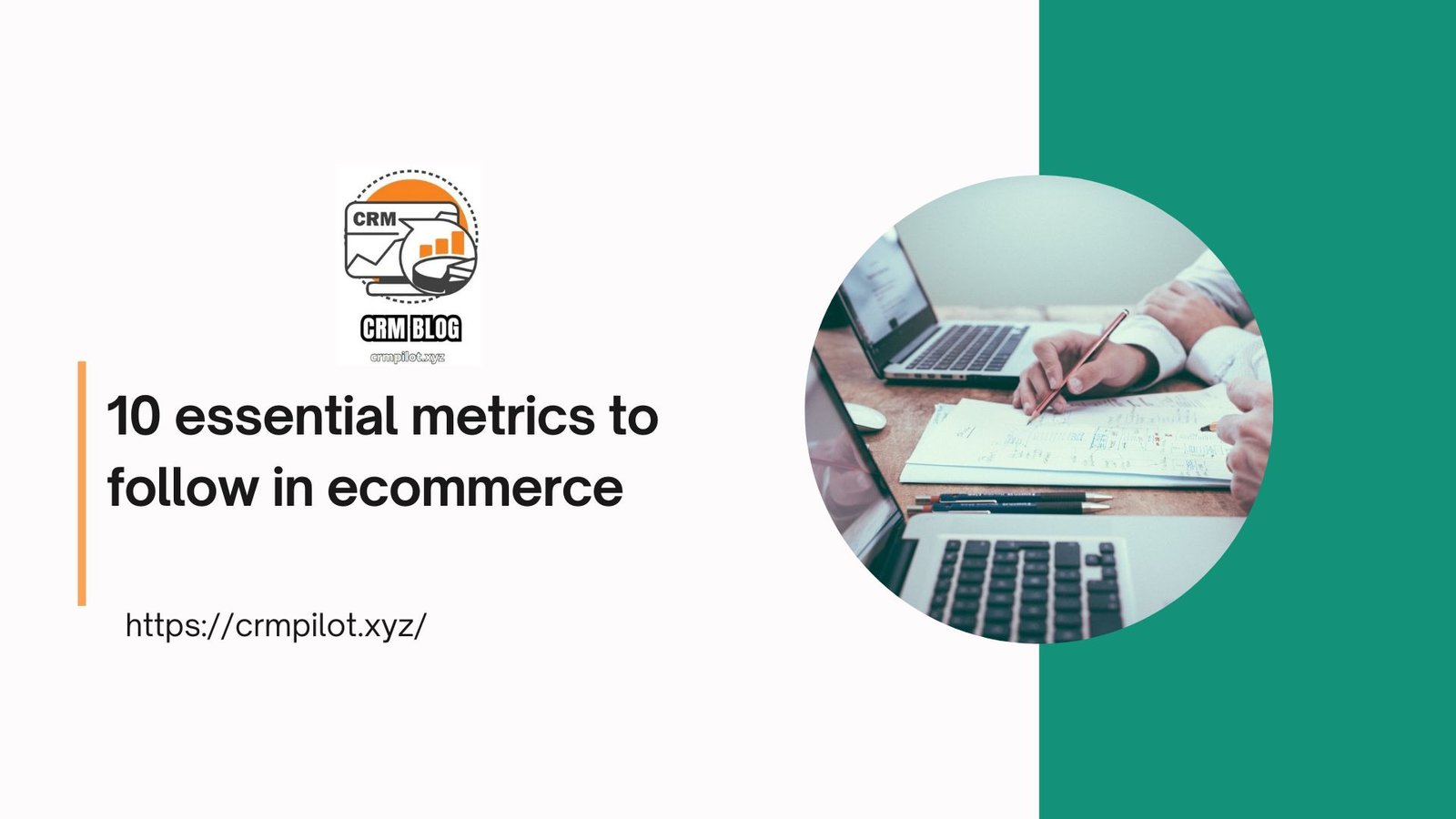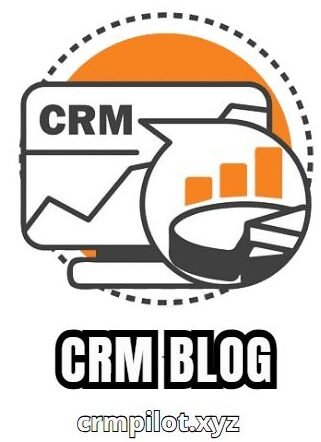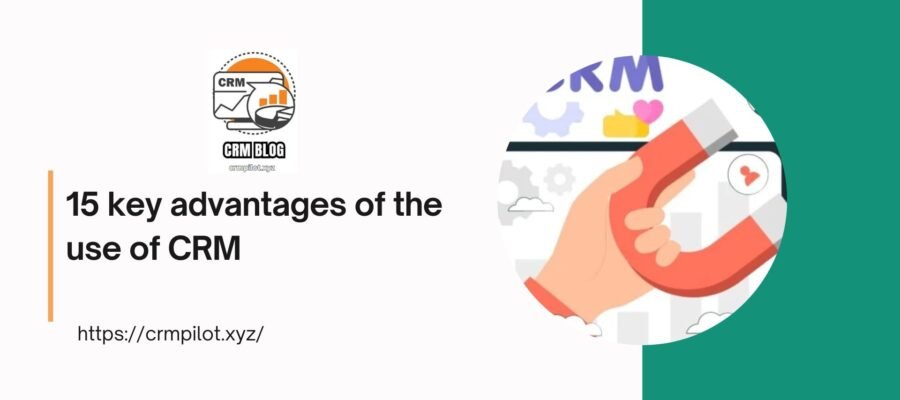Keeping customers and winning new ones, when competitive offers are a few clicks, is not an easy task. This is the reason why customer satisfaction and a good relationship strategy with customers are so important.
Fortunately, the tools for managing relationships with customers, such as CRM AMC, can help growing companies to manage and keep track of a great volume of information on customers, giving them everything you need to make them return.
In fact, the implementation of a CRM can improve the relationships of an organization with customers, working days efficiently, but also daily operations.
A CRM system works as a common platform in which all customer information is stored, organized and displayed by various departments, such as sales, marketing and customer services.
For example, a CRM can help customer service teams quickly access the purchase records and the customer’s assistance chronology. Or it can be used for wider scenarios, such as the analysis of customer trends to create more accurate forecasts.
15 advantages of using a CRM system in 2022
Perhaps consider the introduction of an CRM system that will help maintain efficient customers and operations. Or maybe you have already adopted one and want to better understand what it offers.
Automation of trivial tasks:
CRM technology can save a considerable time by automating trivial tasks such as data entry. For example, a CRM can automatically acquire key information from each interaction with customers, delete duplicate data and can guarantee that all data will be updated.
This automation eliminates the need to create spreadsheets that store customer information, while offering a way for all relevant and/or employees to interact with relevant customers’ data, without the need for manual sharing between the departments.
Many CRM systems can also automate a variety of other activities, including billing, forecasts, sending e-mails to customers and even segmenting customers, all which can help save time and money, allowing employees to concentrate on tasks that can make more value.
Maintenance of centralized and organized data:
Once the CRM software has been implemented, customer, sales and marketing teams can be assured that customer information is correct and updated.
CRM solutions can display all data collected in a central database which is automatically updated to any addition of new information. For example, a sales team can easily access customer data from the same CRM database used by a customer support team.
View data:
The CRM software usually shows the data of individual customers and customer segments.
The dashboard of individual customers, for example, can display contact information with customers, the chronology of acquisitions, a diary of previous interactions, requests and resolutions of recent activities and assistance. Combined, these data can improve customer assistance and allow a personalized experience, regardless of which representative contacts the customer.
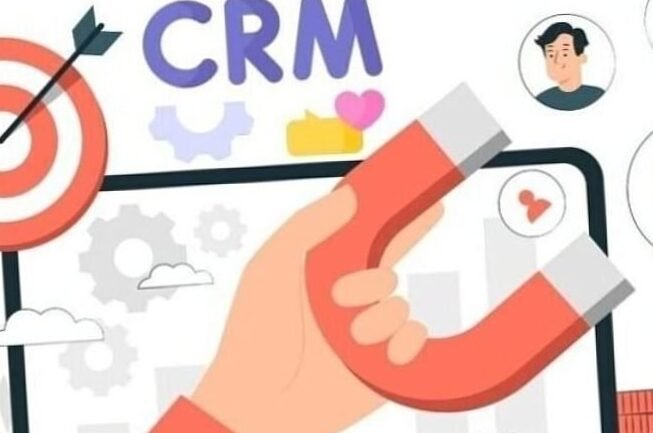
Integration of the CRM software with other services for a view of holistic data:
The CRM software usually allows the integration of third parties, such as Enterprise Resources (ERP), accounting and calendar software.
This integration allows the different key applications to share without problems to provide an overview – a holistic vision of information – of customers. In addition, CRM integration with other software programs eliminates navigation between applications, improving employees’ productivity.
Growing collaboration:
When CRM systems are integrated with ERP solutions and other important programs, the stored data can be perfectly shared throughout the company.
This encourages the transparency of the data and allows all the departments to resort to detailed magazines of customer data, making the collaboration with different departments easier.
In addition, some CRM programs allow employees and departments to communicate with e-mails and reminders, without leaving the platform. Finally, this helps employees to work faster and better, even between different departments.
Discover customer information:
The data displayed can be easier to understand, helping employees to have a more complete view of customers, behaviors and models: all analyzes can therefore be transformed into impossible perspectives that can improve customer service, sales or general productivity.
Access at any time is necessary for the most important preferences for customers can provide even more proactive services:
Orders chronology, research history, questions, requests for assistance, personal information, contacts and many others can be found in each customer profile in a CRM system.
And with cloud -based solutions: you can access this information from anywhere, at any time, provided that the employee has accreditation data to do it. Access to customer preferences increases the possibility of providing more proactive services, which can have a better experience for customers.
Implies communication with the most effective customers:
CRM systems can improve the experience of customer service for both the customer and the representative.
All records of interactions, conversations, and -mail and notes of other representatives on a certain customer will be archived, easily accessible and always updated. This prevents customers from having to repeat all information every time they call to ask a question or ask a request.
This can help improve the experience for both sides, since the representative will have all the relevant information to help resolve the customer’s request.
More effective Selling:
It is easy to recommend to a customer a product or related or additional services when all their purchases, searches and previous interests are available on a centralized platform.
Sales representatives and marketing teams that have access to a CRM software database, which contains this information, can be able to create more efficient sales strategies – to use recommendations on intelligent products – which in the end offers customized customers and potential potential experiences for income stimulation.
Higher customer loyalty rate:
Since the purchase of new customers can be more expensive than to maintain existing ones, the detention of customers is often the main objective of the implementation of the CRM software.
All its characteristics are gathered to increase customer satisfaction and, therefore, the chances of transforming a first customer into a faithful customer and maximizing long -term value.
In particular, CRM systems allow companies to better manage interactions with customers and potential customers, due to a consolidated vision of all interactions, transactions, contact information and documented preferences. This information can be used to provide solutions and to establish personalized relationships.
Obtain better customer segmentation:
More robust CRM systems can automate customer segmentation based on criteria such as position, age and chronology.
For example, companies can consider useful to generate automatic correspondence lists to contact all customers who have purchased a specific product or to warn all customers within a certain geographical interval on a new product in the shop.
Automatic customer segmentation can save time by eliminating the need to verify each customer profile or manually introduce contact information.
Marketing teams can also benefit from the segmentation of a CRM customers, since this function can facilitate the campaign -oriented planning.
Estimated precision sales:
In order to estimate sales and future revenues, we must analyze accurate data on previous performance.
The CRM software can have a positive impact on the ability of a company to carefully provide for customers demand by monitoring and automatically reporting sales, customer trends and potential touches, thus allowing a more precise planning in subsequent sales cycles.
Increase in sales:
CRM systems can be useful for companies as a whole, especially when it comes to sales.
For example, sales teams can access the CRM platform on the CRM platform which provides indispensable data, including customers and potential customers, forecasts and forecasts, customer activities and potential customers.
This allows the sales teams to know customers more efficiently, know when and how to contact them, manage the sales network and more.
Perfect company dimension:
The increase in companies may want to consider scalability in choosing a CRM system.
The software should be able to adapt and extend every time that more storage of data, users, servers, access positions or even customers are required.
Once implemented, the right CRM can help companies extend perfectly by eliminating the need to migrate all data on another system once a limiting threshold is reached.
This not only spares time, but can also help prevent information or duplicate information, ensuring that all data remain accurate and updated.
Compliance with data confidentiality regulations and customer security:
Nowadays, companies only have to meet the rigid data confidential requirements.
An CRM system can help companies obtain and document the preferences and authorizations of customers and prospecting in a safe way.
Doing this manual is a consumer time and there is a predisposition to errors that endanger the activity capable of causing sanctions associated with the struggling of data confidentiality regulations.
However, the right CRM can automatically maintain customers’ preferences, keeping their data safe.
Latest Posts Published
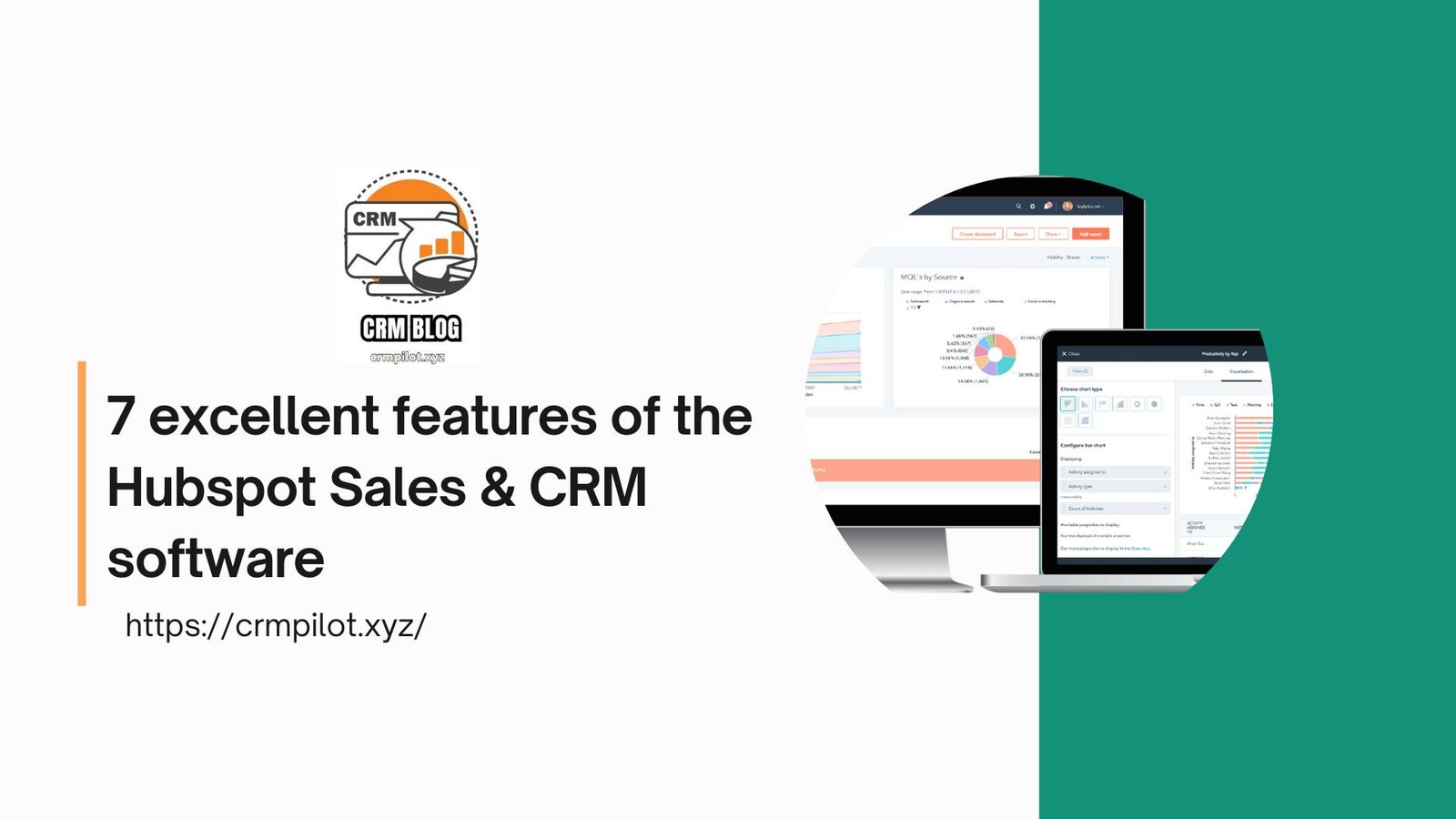
7 excellent features of the Hubspot Sales & CRM software that will help you close multiple offers
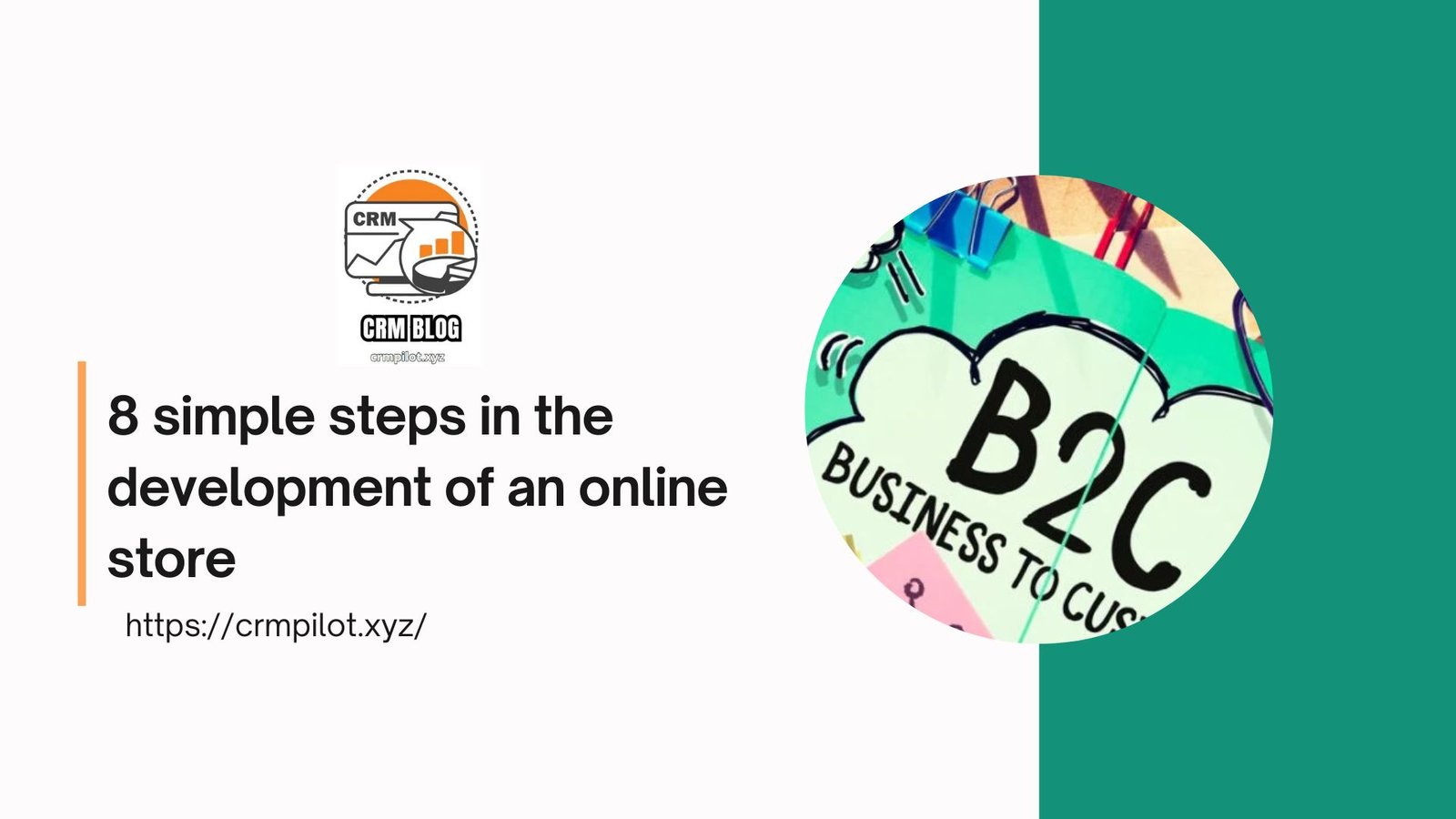
8 simple steps in the development of an online store

How to go from Excel to an activity management program
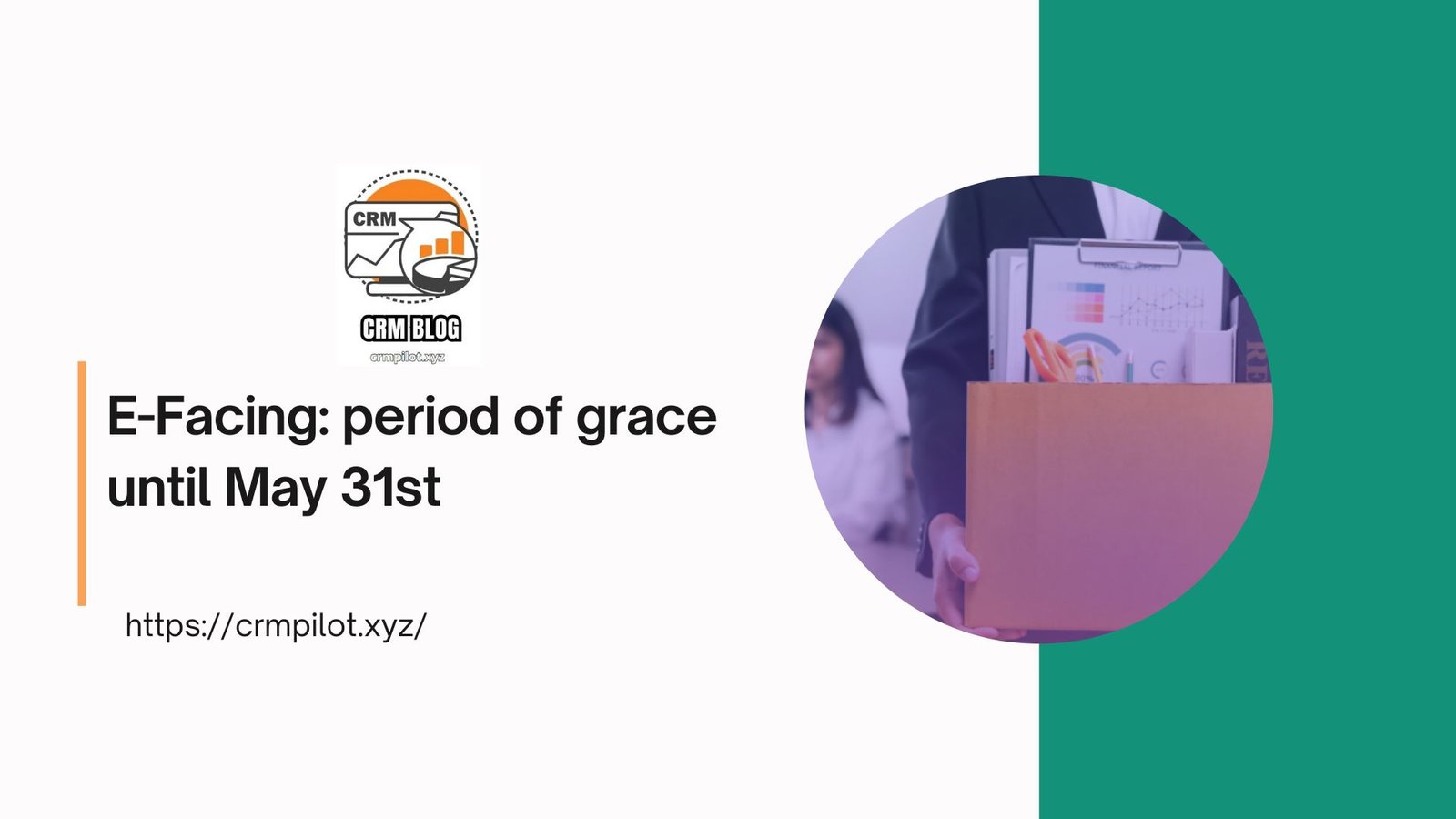
E-Facing: period of grace until May 31st
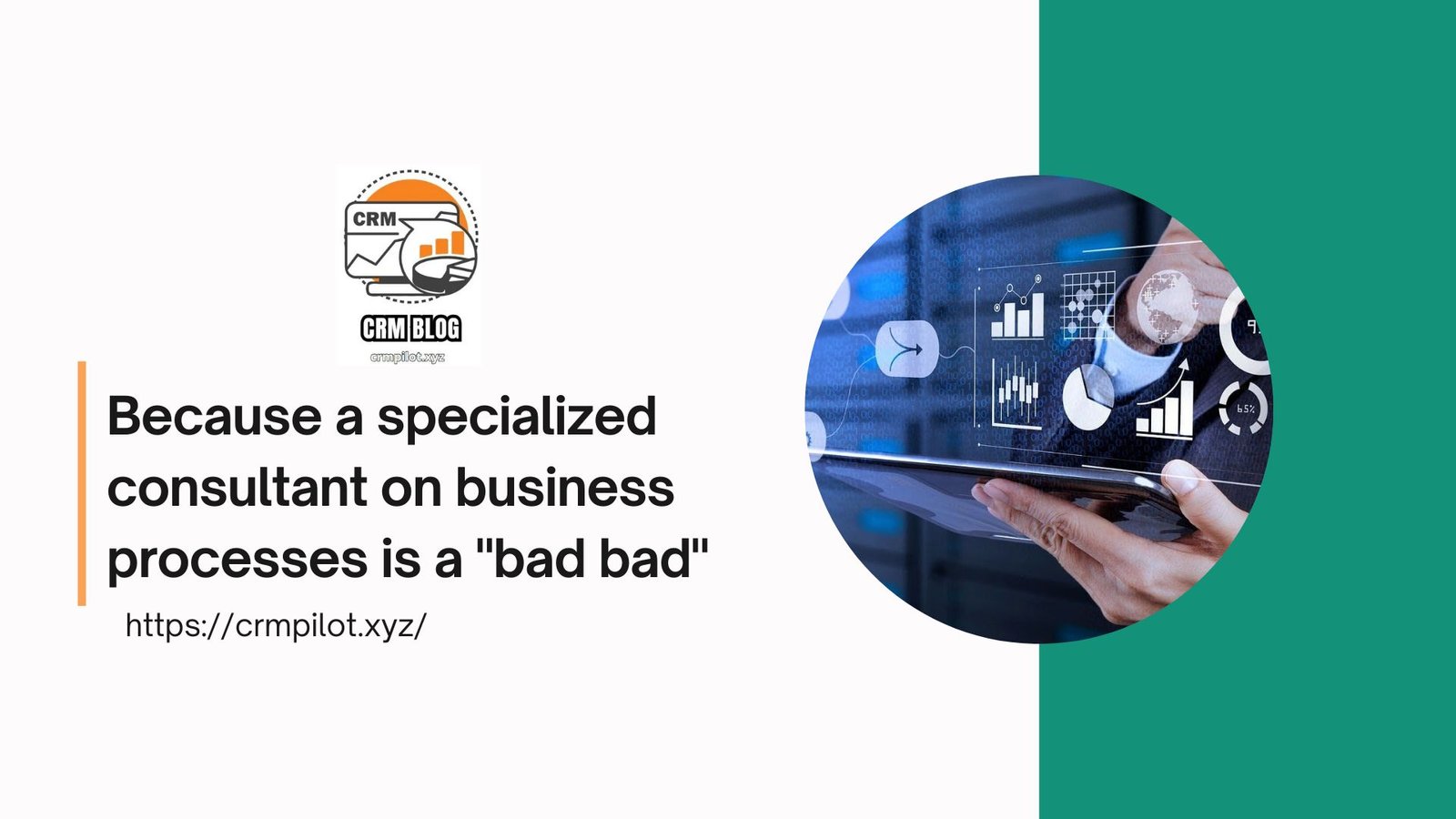
Because a specialized consultant on business processes is a “bad bad”
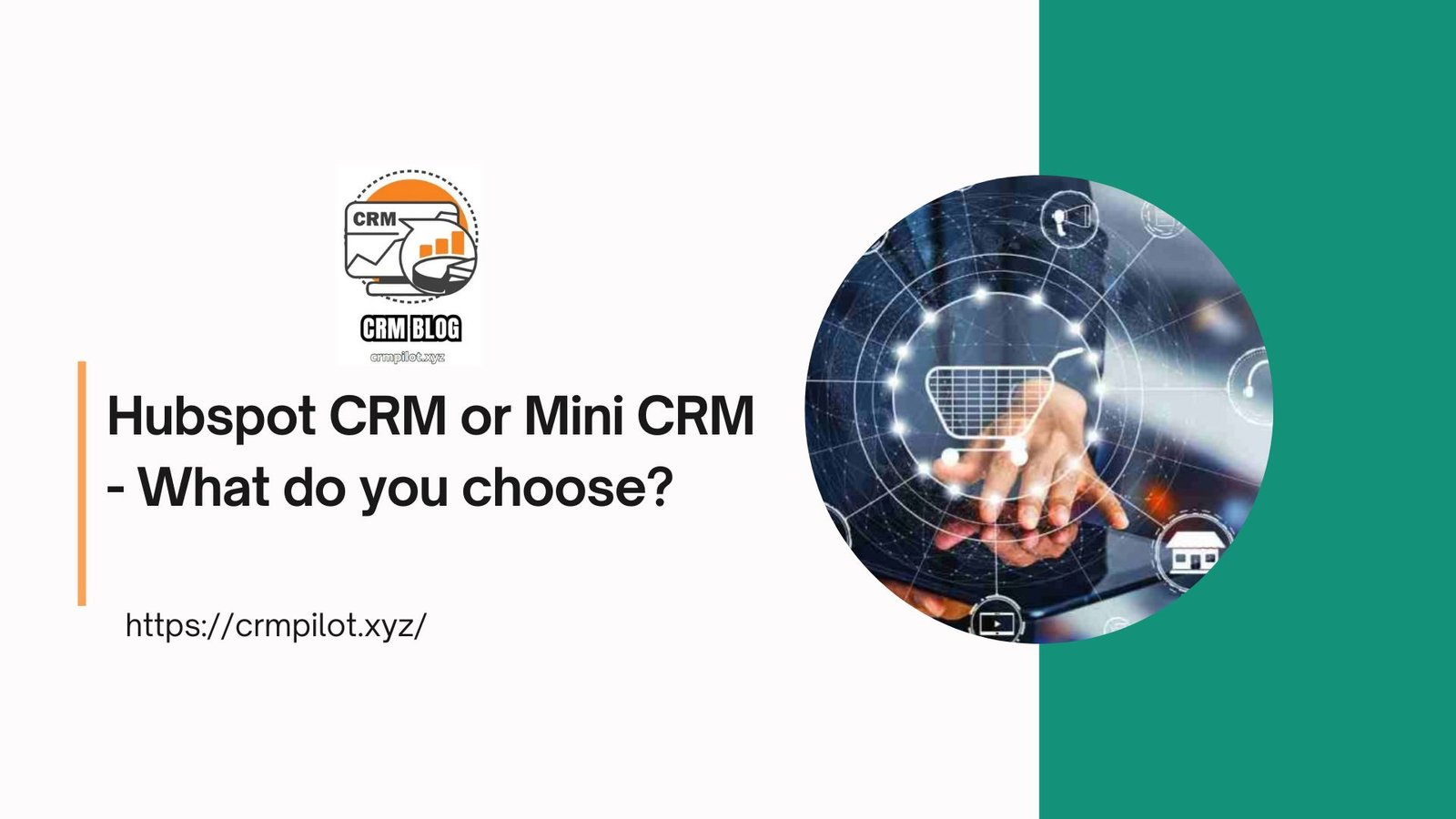
Hubspot CRM or Mini CRM – What do you choose?
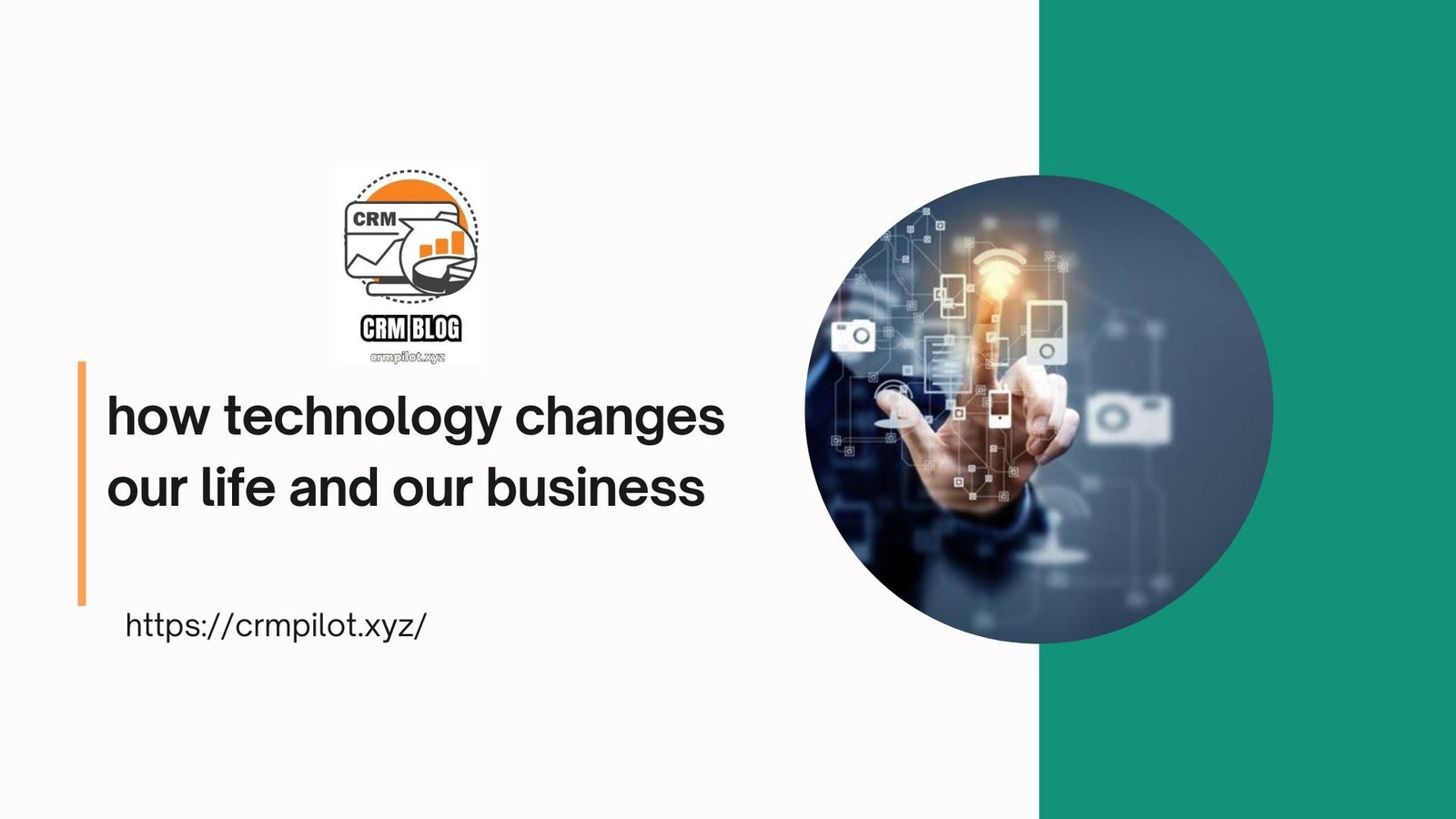
The waves of artificial intelligence: how technology changes our life and our business
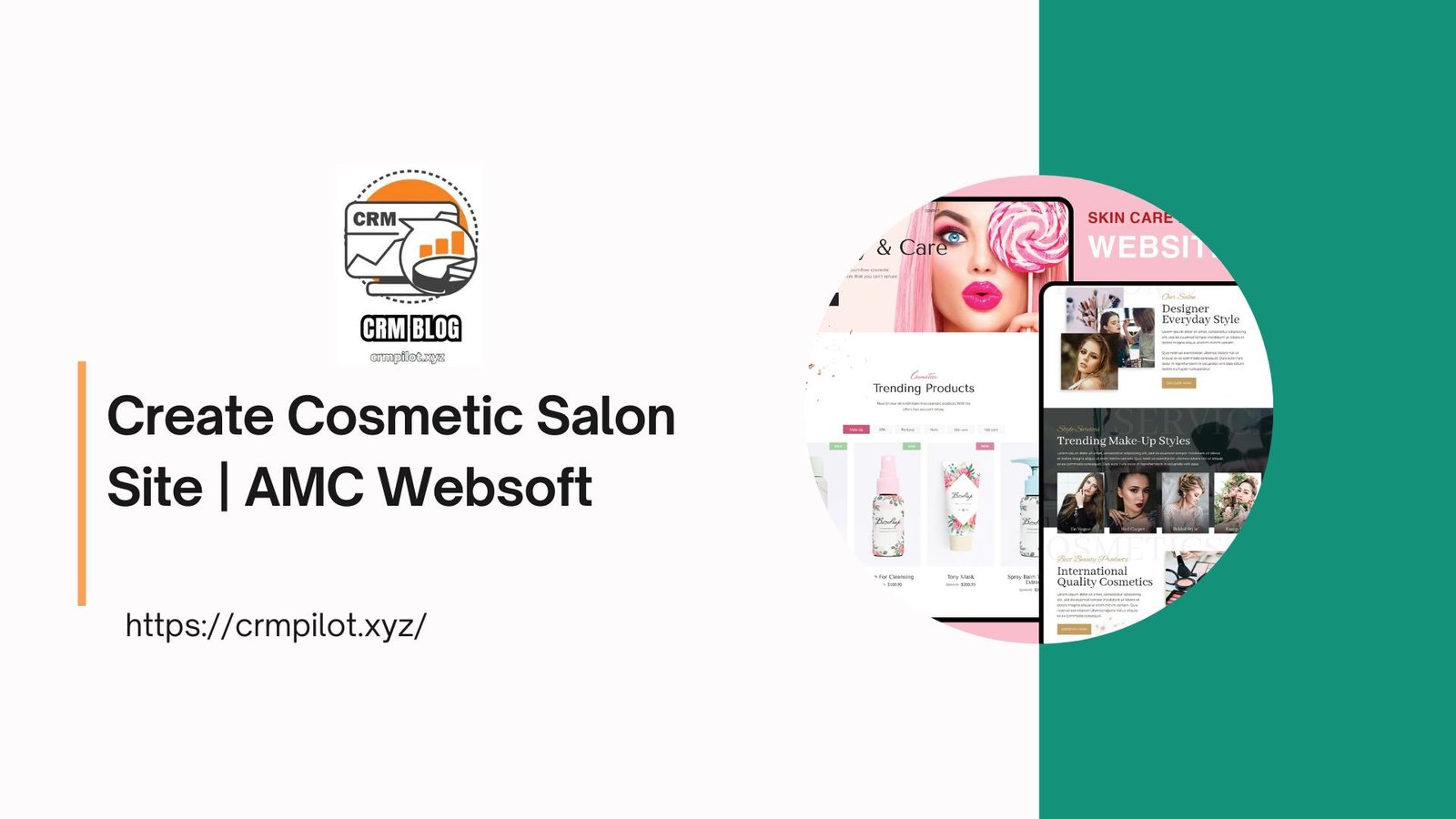
Create Cosmetic Salon Site | AMC Websoft

Career plan: how can you integrate it into the Onboarding?
